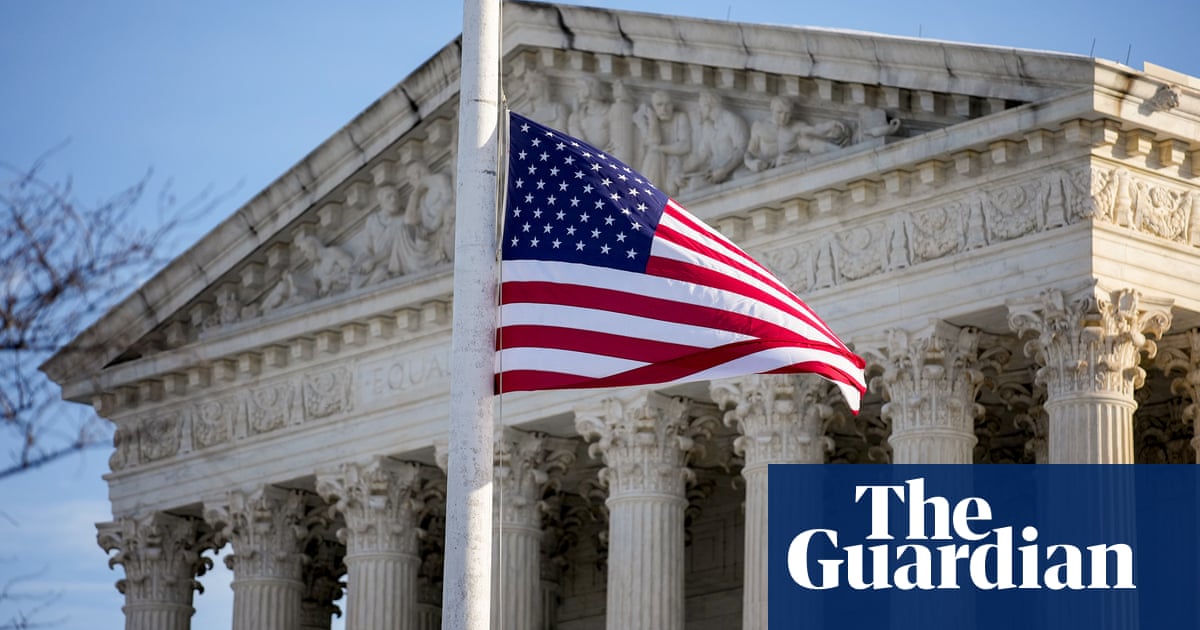The US supreme court has issued a ruling upholding a nationwide ban on TikTok. The nine justices voted unanimously in a 17 January decision that sides with the majority of US Congress and the US Department of Justice that the hugely popular social media app is a threat to US national security.
“We conclude that the challenged provisions do not violate petitioners’ First Amendment rights,” the justices wrote. “The judgment of the United States court of appeals for the District of Columbia Circuit is affirmed.” In December, a Washington DC appeals court upheld the ban.
This means TikTok, which is used by 170 million people in the US, will no longer be available for download in app stores starting on 19 January.
“There is no doubt that, for more than 170 million Americans, TikTok offers a distinctive and expansive outlet for expression, means of engagement, and source of community. But Congress has determined that divestiture is necessary to address its well-supported national security concerns regarding TikTok’s data collection practices and relationship with a foreign adversary,” the ruling reads.
The lawmakers who pushed for the ban say that TikTok, which is owned by the Chinese company ByteDance, has the potential to be used as a weapon by the Chinese Communist party. They say China could use the app to manipulate and control Americans by spreading propaganda and misinformation. The supreme court ultimately agreed.
The ban has caused a massive outcry by creators, first amendment advocates and civil liberties groups. They say banning the app is tantamount to censorship and sets a dangerous precedent in the US.
TikTok has the option to divest or sell its assets to a non-Chinese company. But it has said in legal filings that divestiture “is simply not possible: not commercially, not technologically, not legally”.
The supreme court heard oral arguments in the case last week. The justices spent far more time questioning TikTok about why it believes it should have first amendment rights than asking government lawyers about national security concerns. Noel Francisco, TikTok’s lawyer, argued that the ban isn’t about China and safety issues, but instead, “the government’s real target, rather, is the speech itself”.
Justice Sonia Sotomayor took issue with that idea. She said the government should be able to say when there is a threat and block it. “We have a right to say ‘you can’t do that, you can’t speak,’” she said.
after newsletter promotion
Donald Trump has promised to “save TikTok” and even filed an amicus brief, or “friend of the court” brief, to the supreme court. He said he has the “consummate dealmaking expertise” to strike an agreement between TikTok and US lawmakers.
Once being sworn into office on 20 January, one day after the ban goes into effect, Trump will have the option to direct the justice department to not enforce the law.
Article by:Source – Dara Kerr

















✏ + 0.75627140 BTC.GET - https://rentry.co/mauqz5ky?hs=b1e2c687c5ee1390f498f2625d03aed1& ✏
17/01/2025 at 12:30 PM
i75dgs